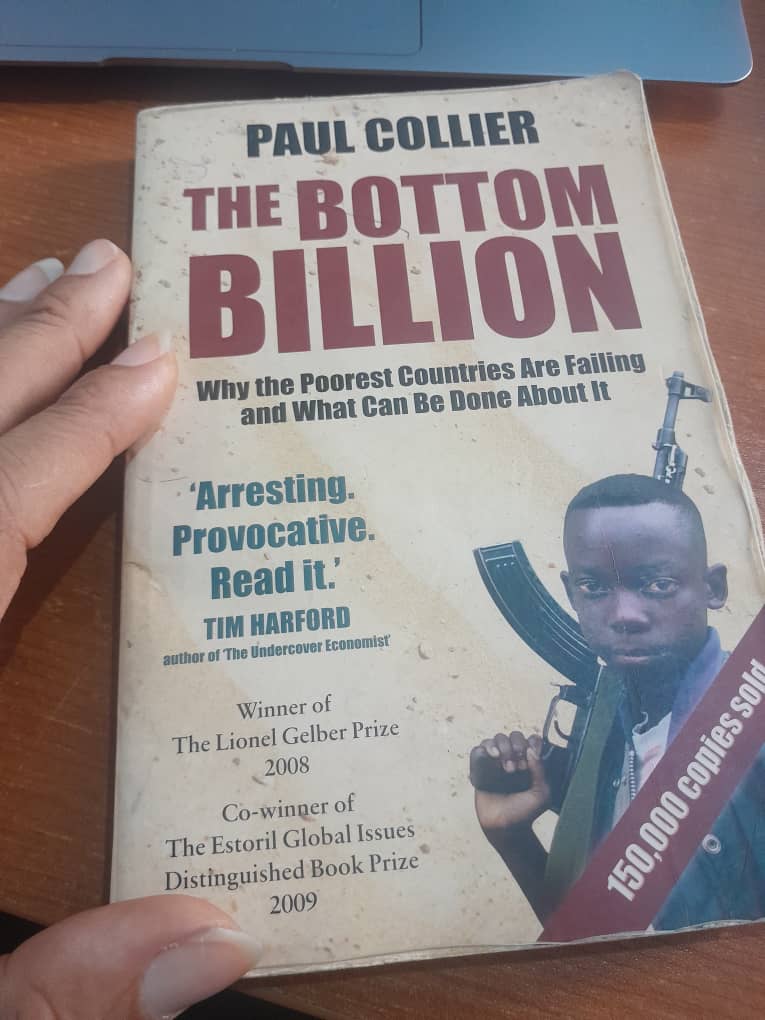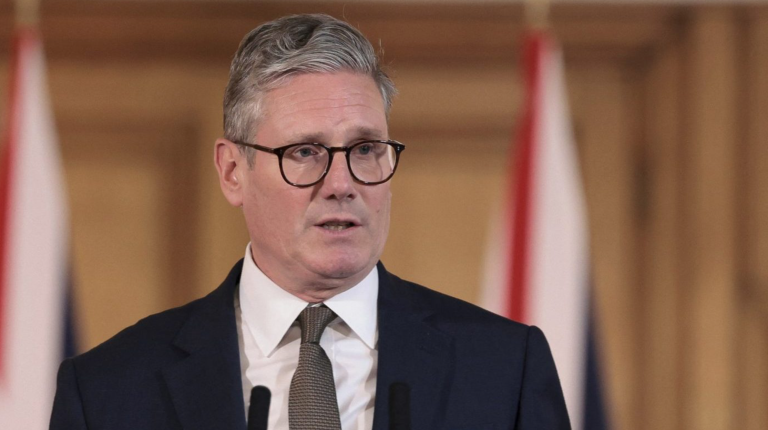
Born on July 18, 1950, in Blackheath, London, England, Richard Branson struggled with dyslexia. He found traditional schooling difficult and was often discouraged by teachers. At the age of 16, after he’d had enough, he dropped out of school to pursue his entrepreneurial dreams.
Richard Branson didn’t wait for permission to chase his dreams. At just 16, he launched his first business, Student, a magazine that focused on social issues and captured the attention of young people. That was only the beginning. In 1972, he founded Virgin Records, and it didn’t just make waves—it revolutionized the music industry. From there, Branson’s empire exploded, branching out into airlines with Virgin Atlantic, health, space travel with Virgin Galactic, and more. See 7 Critical Insights I Wish I Had Before Launching My Startup.

Branson’s success is a clear statement: dropping out of school doesn’t define your future. He proves you don’t need to be a traditional academic to make it big. What you need is boldness, resilience, and the guts to take risks. Branson didn’t let conventional paths dictate his success, and neither should you. Let me give you reasons why being book smart does not guarantee success.
I owe my success to having listened respectfully to the very best advice, and then going away and doing the exact opposite. – G.K. Chesterton
- Practical Experience is Important: Branson’s ability to learn from real-world experiences and adapt quickly, often in industries where he had little formal education, is a testament to his success. Theoretical knowledge will always fall short when applied to real-world situations. Practical experience and the ability to adapt to unexpected circumstances are far more valuable than having a textbook answer to every question.
- Creativity and Innovation: Elon Musk is the perfect example that being book smart isn’t enough. Sure, he has degrees in physics and economics, but his success didn’t come from following the rules—it came from his relentless willingness to take massive risks, experiment with bold ideas, and challenge conventional thinking. Musk didn’t sit back and rely solely on his academic knowledge to build Tesla and SpaceX. Instead, he leveraged his understanding of physics and engineering while pushing the boundaries of creativity and innovation. Book knowledge may be based on existing ideas, but true innovation demands thinking beyond the textbook and challenging the status quo. Musk’s journey proves that real progress happens when you step off the beaten path and create your own future.
- Vision And Leadership: Book-smart individuals might excel in technical expertise, but they often fall short when it comes to leading teams or managing large organizations. Steve Jobs, co-founder of Apple, is a prime example of this. He didn’t rely on formal education to fuel his success. In fact, Jobs dropped out of college after just one semester. What set him apart wasn’t his technical knowledge in engineering—it was his vision, his ability to lead, and his knack for inspiring his team to create revolutionary products like the iPhone, iPad, and Macintosh. Jobs didn’t just build a company; he built an empire. His ability to innovate, envision the future, and motivate others made him one of the most influential business leaders in history. Success isn’t about being book smart—it’s about visionary thinking, resilience, and the ability to ignite the passion in others.
- Emotional Intelligence: Howard Schultz, the former CEO of Starbucks, came from humble beginnings that shaped his drive and vision. Born on July 19, 1953, in Brooklyn, New York, Schultz grew up in a working-class family. His father, Fred Schultz, was a truck driver, and his mother, Elaine Schultz, worked various jobs to support the family. Despite their hard work, the family often struggled financially. Schultz’s upbringing in a tough neighborhood, where his family lived paycheck to paycheck, instilled in him a deep sense of empathy for others. He witnessed the difficulties his father faced after a work injury left him without health benefits and forced him into unemployment, which had a profound impact on Schultz. This experience led him to prioritize employee welfare. His ability to empathize with both his employees and customers became the cornerstone of Starbucks’ success. Schultz introduced the idea of treating Starbucks employees (whom he called “partners”) as an integral part of the company’s success, offering benefits such as healthcare and stock options even to part-time workers. His emphasis on creating an emotional connection with customers and employees has been a key factor in Starbucks becoming a global brand. Emotional intelligence (EQ)—the ability to understand and manage your own emotions, as well as the emotions of others—is an essential trait for success.
- Networking and Relationship-Building: In many industries, networking and building strong relationships are often more important than academic success. Oprah Winfrey, for example, didn’t from wealth or privilege—she grew up in poverty, faced a tough childhood, and had no prestigious degrees to fall back on. But Oprah’s real power lies in her ability to connect with people on a level most can only dream of. Her talent for networking, building relationships, and creating authentic conversations became the foundation of her empire. Winfrey didn’t wait for the perfect opportunity; she created her own by embracing real-world experiences and learning from them. She turned her platform into one of the most influential voices in media—showing the world that it’s not about where you start, but about how you connect, evolve, and use your influence to change lives.

Conclusion
Let’s get one thing straight: being book smart is good, but it won’t guarantee success in the real world. Knowledge matters, but true success comes from applying that knowledge creatively, taking bold risks, and adapting to new challenges as they arise. The world doesn’t follow textbook definitions of intelligence. You have to be well-rounded with a diverse skill set that goes far beyond memorizing facts. Practical experience, quick thinking, and strong interpersonal skills are what will actually drive your success. Stop relying on theory—it’s time to get out there and make things happen.
- The Death of Fish Magnet and Why Kidnapping Continues to Thrive in Nigeria - August 2, 2025
- The Fall of Intelligence - July 10, 2025
- UK to Tighten Visa Rules for Nigerians and Pakistanis Due to Overstaying Concerns - May 7, 2025
Discover more from TruthPost
Subscribe to get the latest posts sent to your email.








